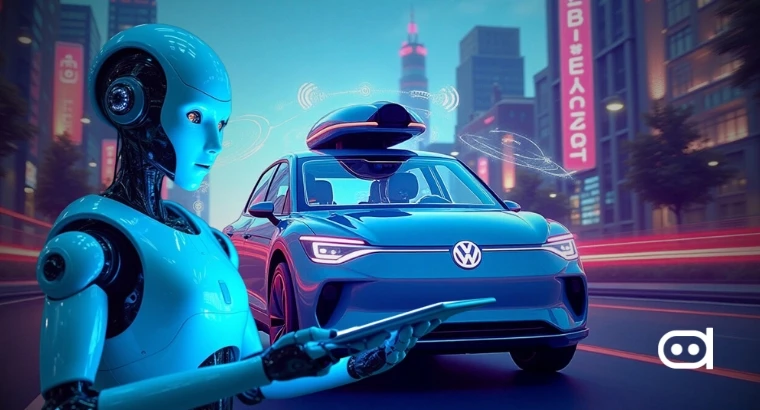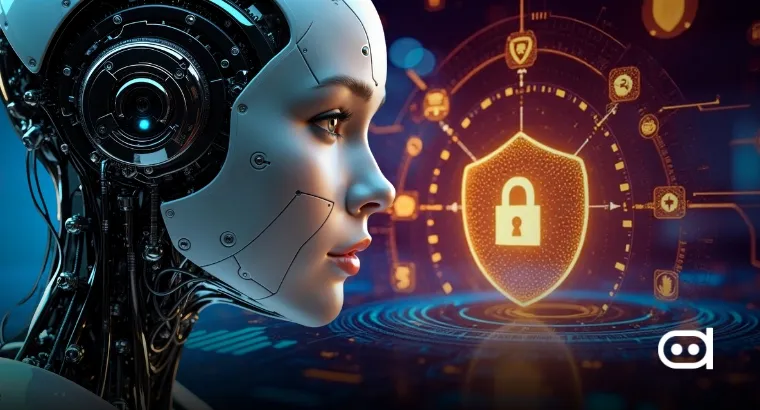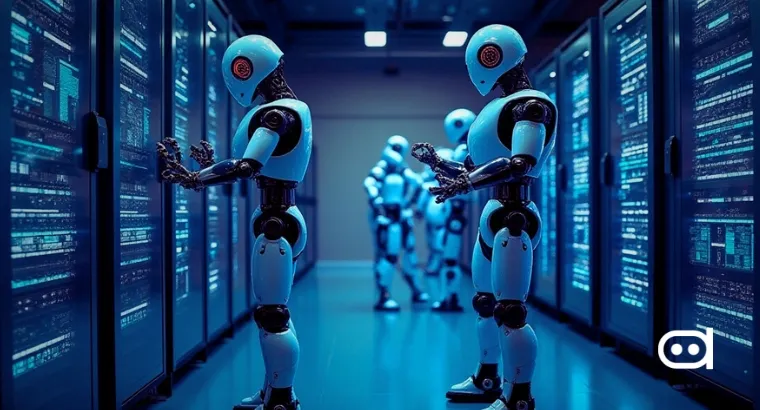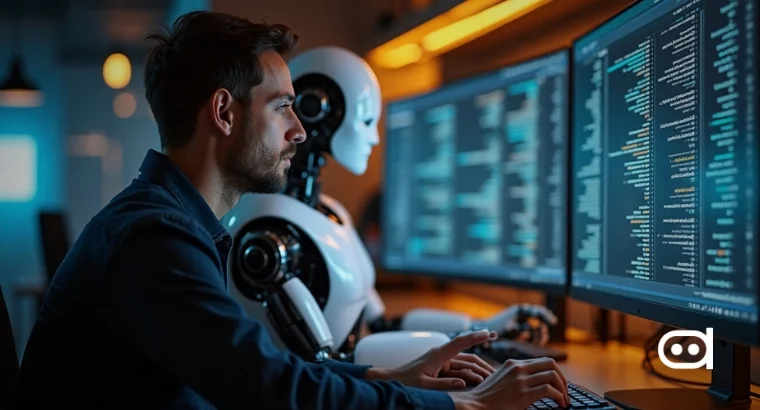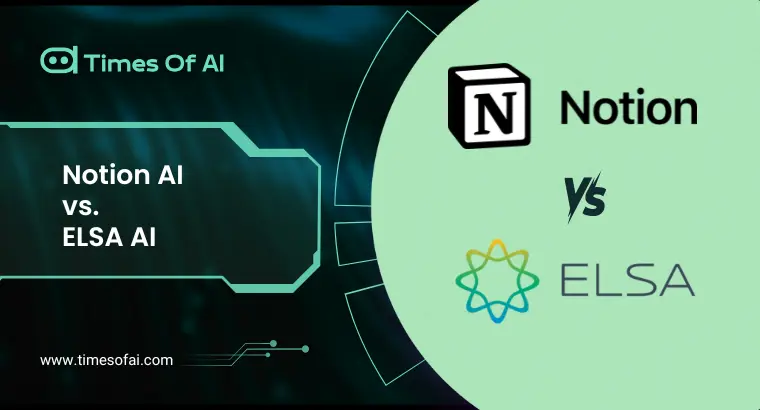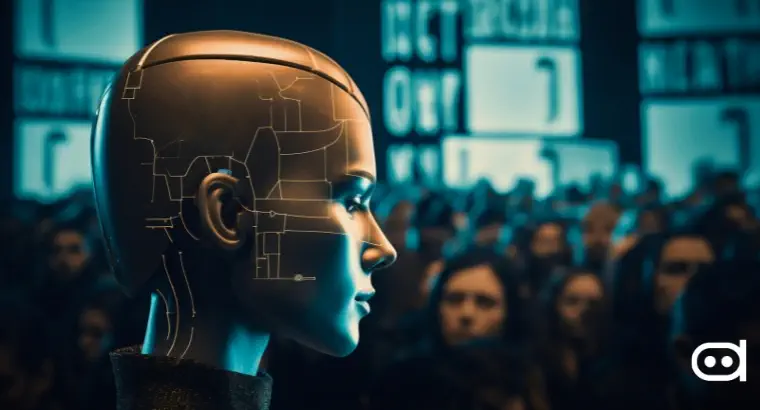
Introduction:
- British directors, writers, and actors call on major tech companies to stop using their creative works to train generative AI models.
- The move reflects escalating concerns over the unauthorized exploitation of artistic content, with industry bodies emphasizing the need for consent and proper compensation.
British directors, writers, and actors have presented a strong and united front, demanding that top tech companies stop using their creative work as inputs for training generative AI. The appeal comes from major organizations within the sector that oppose the unauthorized use of artwork for purposes related to the generation of AI translation.
This resistance points to the ethical dilemma surrounding the use of intellectual property during the development of advanced AI systems. They posit that utilizing their works not only infringes on their rights but also devalues the essence of human inventiveness in artificial intelligence training. This move coincides with a time when AI-authored content is becoming more sophisticated and increasingly difficult to distinguish from human creations.
Call for Action
The vanguard is made up of some prominent figures within Britain’s entertainment industry calling for immediate changes in how machine learning models are trained. These artists say that without authorization by them, such use amounts to exploitation. They insist that either tech firms acquire adequate permission or cease utilizing their materials altogether.
Industry Impact
This demand carries significant implications. If met by tech giants, it might completely change the landscape of AI development, thereby slowing down generative AI innovation considerably. However, it also opens up a broader discussion on the need for ethical guidelines and fair practices in the use of creative works for technological advancement.
Voices from the Frontline
Numerous veterans within this sector have spoken out about it publicly. “Creativity is what pays our bills,” said famous director Jane Smith, adding, “Using our work without asking us first isn’t just impolite; it’s an infringement upon our entitlements.” Similarly, actor John Doe explained how unsettling it was to have his performances used by AI technology in manners he hadn’t chosen originally. “It’s daunting thinking about my work being used in ways that I never intended,” he concluded.
Read More: Tech Titans Clash with California Over AI Safety Regulations
The Legal Angle
Legal experts are closely watching this development, given its potential impact on IP laws when it comes to AI. The existing laws related to copyright and intellectual property rights may need to be revisited so as to address the challenges posed by AI technology. This could lead to new regulations that better protect creators while balancing the needs of technological innovation.
Conclusion
The call from British creatives for their work not to be used in training AI is a watershed moment in the ongoing debate about ethical technology use. It indicates that leveraging human creativity in AI development requires more respect and fairness. Going forward, this will require collaboration between tech companies, legislators and artists in order to find solutions that uphold the rights of authors and inspire innovation.
As such matters are dealt with, we can hope for a future where technology coexists well with the creative industry, ensuring ethical soundness for any developments in artificial intelligence and respecting those who form them.

